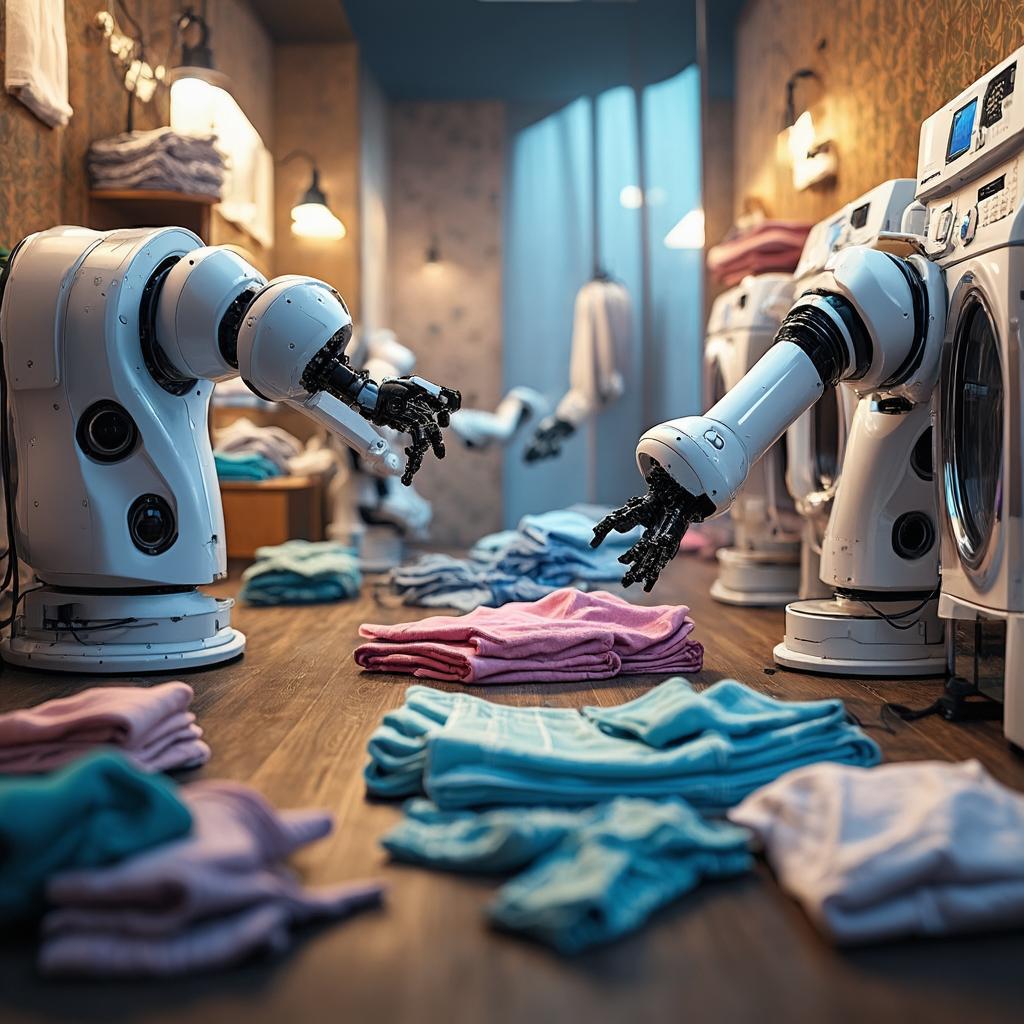Rolls-Royce’s Vision for AI and Nuclear Energy Dominance

Nuclear energy is often viewed as a controversial subject due to its environmental implications, but what if it could power the future of artificial intelligence (AI)? Rolls-Royce, renowned for its engineering excellence, is pioneering a strategy where its small modular reactors (SMRs) could fuel AI technologies. This ambitious vision is critical for the UK’s economy as it positions Rolls-Royce not just to advance technologically but also potentially become the UK’s leading company by market value, surpassing current industry giants such as AstraZeneca and HSBC. This notion speaks to broader societal trends where energy efficiency is paramount as nations seek sustainable and reliable energy sources, especially in industries with high power demands.
At its core, small modular reactors (SMRs) are compact nuclear reactors that are quicker and less expensive to construct compared to traditional nuclear power plants. These reactors promise to provide a stable energy source necessary for the continuous operation of AI systems, which require substantial energy for data processing and computation. For instance, tech titans like Google and Microsoft are already exploring agreements to utilize energy from future SMRs to power their data centers. This illustrates the potential real-world application of SMRs in supporting the exponential growth of AI technologies. Furthermore, Rolls-Royce is not alone in recognizing the economic potential; the projected need for 400 SMRs worldwide by 2050 presents a trillion-dollar market for the company, indicating significant economic and strategic benefits for the UK.
Read These Next

AI Powers Real-Time Communication for Paralyzed Patients
The article discusses the breakthrough of brain-computer interface technology enabling a paralyzed patient to communicate in real-time via AI, highlighting its implications for medical science and personal autonomy.

AI's Future: Beyond Language
Commentary on Lin Dahua's insights regarding the future of AI, focusing on the necessity of transcending language for the development of true general intelligence.

Humanoid robot showcases AI-driven laundry folding skills
The article discusses the debut of Figure humanoid robots showcasing their ability to fold clothes, exploring the implications for the integration of advanced robotics in household tasks and cultural elements.
